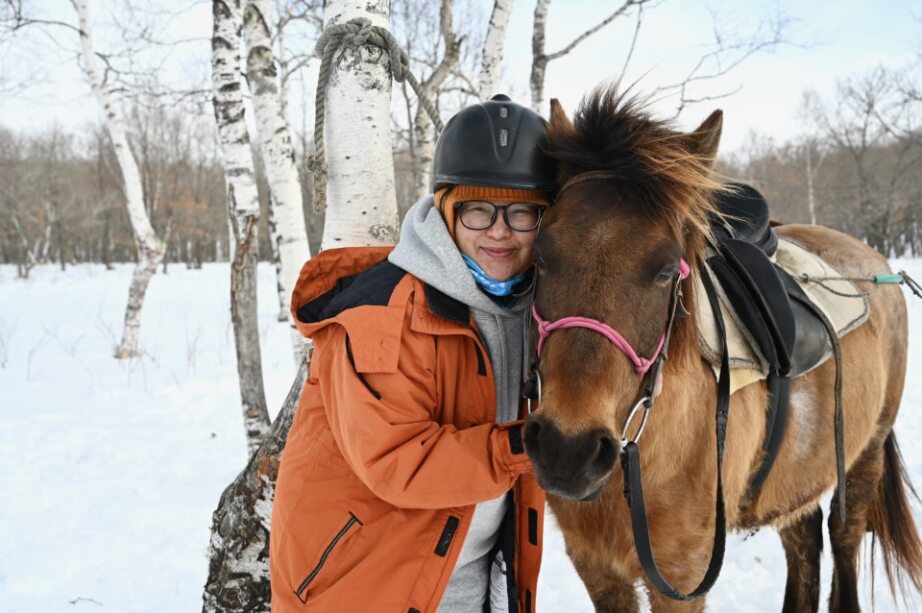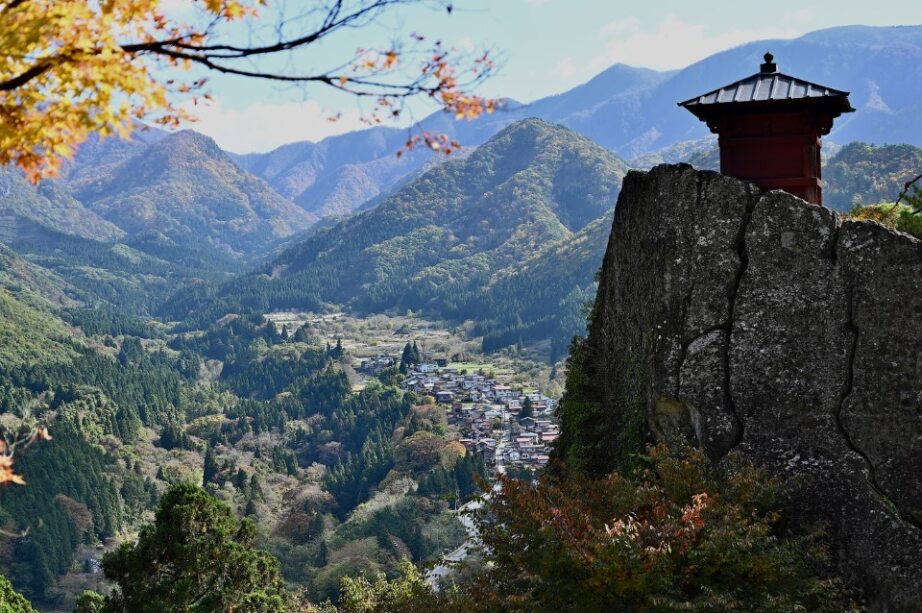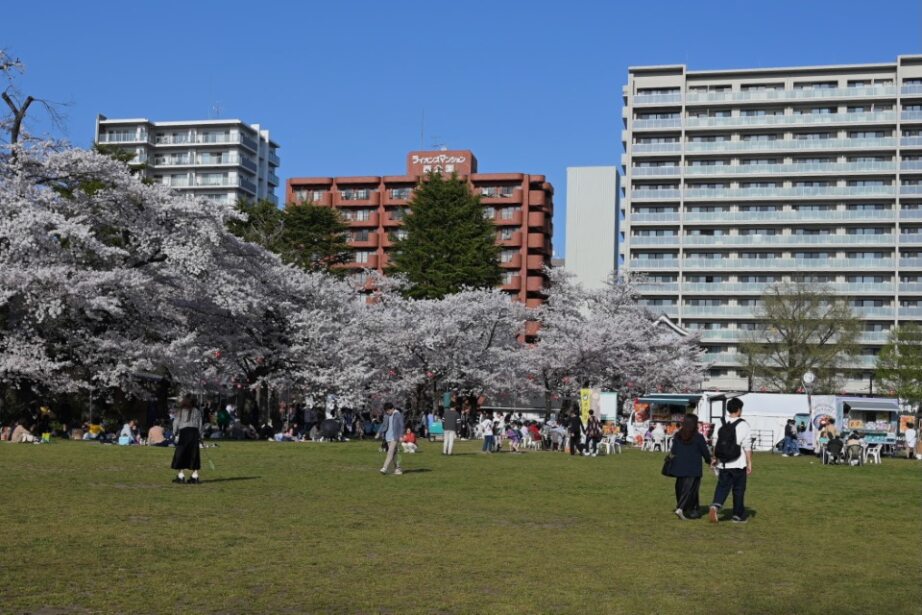
Victoria Peemot
JSPS Postdoctoral fellow, Center for Northeast Asian Studies (CNEAS), Tohoku University, Japan
What was the aim of participating in this program?
My research focuses on human environment relationships and cross border communities in North Asia, in Mongolia and ethnic republics in Russia. Although my institution in Finland, University of Helsinki, offers strong engagement in Indigenous studies and environmental anthropology, I lacked a scholarly community with a shared regional focus. When applying for the programme, I sought to gain a broader perspective on North Asian studies through an Asian centered framework both geographically and epistemologically.
What kind of research did you conduct in Japan?
I worked on a project examining cross-border relations and the resilience of North Asian Indigenous communities amid current global geopolitical shifts. During the fellowship, I wrote and submitted several academic articles and conducted research for my forthcoming monograph on border studies. I also conducted research visits to museums in Shiraoi, Abashiri, and Osaka that host Indigenous collections.
Why did you choose to conduct your research under a host at an institution in Japan?
Prior to the fellowship, I visited the CNEAS and participated in seminars and symposium sessions organized by its scholars. My host, Professor Hiroki Takakura, a leading anthropologist with long-term research experience among the Sakha people, shares my interests in environmental anthropology, Indigenous communities, and their resilience amid current geopolitical changes.

The Yamadera temple complex on Mount Hoju, Yamagata
What was your impression of the research environment in Japan?
In Japan, I found a nurturing and friendly research environment. It was inspiring to work with scholars with the same geographical and thematic interests but coming from different disciplinary backgrounds. An academia in Japan is very dynamic, there are many opportunities for international collaborations. The JSPS gathering in Tokyo last January was a great event for networking with other fellows.
How did you spend your time in Japan? Did you find anything fun, interesting or challenging?
I was busy with work, research trips, and academic events, but I still enjoyed my free time riding local horses in Hokkaido, hiking in the mountains, and visiting temples and the onsen hot springs. Miyagi, where I lived, has great opportunities for outdoor activities. I was also lucky to see the sumo tournament in Fukuoka last November and cheer for Rōga from the Futagoyama stable, a wrestler from my home region of Tyva .
What were the good points of participating in this program? If there was any gap between your expectations, please share it with us.
My fellowship year in Japan exceeded expectations. Before this, I had only brief visits, one week in 2018 and ten days in 2023, for academic events, with little time to engage with the country or academic life. Spending a full year allowed me to experience daily academic routines, build relationships with colleagues, and feel genuinely supported by my host professor, institution, and administrative staff. I found Japan to be a stimulating and welcoming environment. I especially miss the active social life in Japan now that I’m back in Finland. Bureaucracy in Japan, often described as challenging, was surprisingly smooth—paperwork was handled efficiently and medical visits were easy, with English-speaking doctors and no need for interpretation.

Yoshino cherry bloom festival, Nishi Park, Sendai.
Did you consider bringing your family with you? If you brought your family with you, what were the pros and cons of doing so?
My daughter accompanied me to Sendai and attended Sendai Junior High School during our stay. The International Support Center at Tohoku University was incredibly helpful — they organized all the necessary paperwork, and she was enrolled in school the day after we arrived. My daughter’s experience was very positive: teachers and classmates were supportive, helping her adjust. She especially enjoyed the school trip to DisneySea in Tokyo. A visit to Okinawa inspired her a lot — she now dreams about a career in marine ecology. The main challenge came after we returned to Finland — my daughter had to complete a heavy load of written assignments to finish 9th grade with her classmates.
What impact do you think the JSPS fellowship will have on your future career?
It already impacts my career through ongoing collaborations with Japanese colleagues. I remain a research affiliate at CNEAS, Tohoku University. This October, I’ll visit Abashiri and Tokyo for two symposia, and contribute to an edited volume co-edited by my colleagues from Tohoku University. It also gave me access to specialized resources and academic events, strengthened my academic profile and improved my prospects for future funding and career opportunities.
Do you have any advice for researchers who are interested in going to Japan?
I suggest being proactive when looking for academic hosts in Japan, don’t hesitate to contact prospective hosts, be flexible—adjust your research topic to better suit your host institution’s profile and resources. For fellows with children, I recommend planning ahead. For younger children, preschool care is available on campus and is a great option. If you intend to travel for research in Japan, childcare arrangements will be essential. Consider the JSPS’ restrictions on travel abroad if you plan traveling for fieldwork or family matters during the programme.
(August, 2025)
2022 ongoing(with breaks), Research fellow in Indigenous Studies, University of Helsinki
2021 Doctor of Philosophy(History and Cultural Heritage), University of Helsinki.
2000Specialist in Philology, equal to MA, Tuvan State University, Kyzyl, the Tyva Republic.
